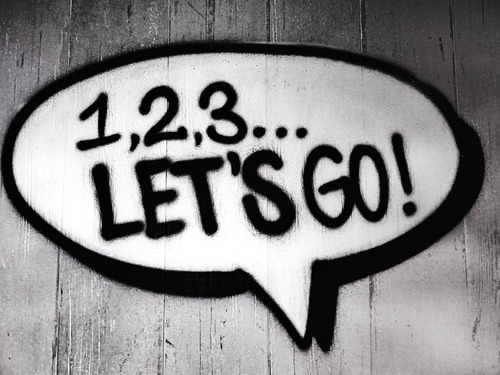Implementing a CRM system is one of the most important technological decisions a company can make. For some managers, it means a step towards greater efficiency, better customer insight, and sales growth. For others, it is a challenge – changing established processes, new technologies, and team adaptation.
Implementing a CRM system in a company is like buying a treadmill – it sounds like a good idea, everyone is excited at first... and a month later it's just a clothes hanger. The point is, CRM is not just about "clicking" something and it suddenly starts making money on its own.In fact, it is a change in corporate culture.And as with any change – if you're not ready for it, it can catch up with you (and not pleasantly).
From our experience in dozens of implementations, we know that the success of a CRM project does not depend only on the technology itself, but especiallyon management preparation and decisions.Here are a few key things a manager should know before embarking on implementing a CRM system.
1. CRM is not just a tool, it's a change in mindset
Many companies think that CRM is “just software”. In reality, however, it is a change in the approach to customers, processes and data. A manager should take into account that CRM will affect sales, marketing, customer service, and often internal approvals and reporting. If you expect CRM to solve the chaos in processes as if by magic – you will be disappointed. But if you give it a chance and support it with the right approach, it will become a tool that clearly shows who called you, what they wanted, what you promised them and who (did) not deliver.
A CRM system will not be successful if employees learn to "click" it but do not change the way they work.
2. Set clear goals and expectations
A typical mistake? We implement CRM “because everyone else already has it.” Well... no. That’s like buying an electric scooter when you have nowhere to ride it. If you don’t know why you’re implementing CRM, you’ll never know if it’s working. Typical goals might be:
- Improving tracking of business opportunities.
- Shortening the sales cycle time.
- Reducing dependence on individuals (e.g., departure of a trader ≠ loss of information).
- Unification of customer data from different departments.
- Better connection between individual departments.
- Comprehensive access to information, etc.
Without clearly defined goals, CRM will be just “another tool,” not a solution.
3. Involving key users right from the start
The best CRM projects start with collaboration – IT, sales, managers, back office and customer service. These people know what doesn’t work in practice, what their expectations are and what would help them. Ask them what’s stopping them from working, what they need and what frustrates them. Trust us – you’ll get more information than from 4 reports.
If CRM "falls from above", without the involvement of people from the field, it often ends up in a drawer.
4. Choose the right solution - not just the cheap one
Our CRM Mango is a scalable solution for small, medium and large companies. When choosing a CRM, please consider that your CRM will grow with your company and its needs. Choosing a CRM is not about what you need today, but what you will need in 2-3 years. CRM Mango is not about buying software. You are buying an opportunityscale, adapt and connecteverything you do in business – from the first email to the service call.
CRM should grow with your business, not hold you back once you get started.
5. Don’t forget about user training and support
Implementing CRM without quality training and user support is like buying a new car and not getting a steering wheel. At CRM Mango, we emphasize training and follow-up support that help teams work effectively and not be afraid of change. Real training is about people understanding the connections. They know why they are doing something, what happens to the data, and that when a customer calls, they don't have to break out in a cold sweat because they can find the answer in CRM. At CRM Mango, we don't just deal with "clicks" during training - we focus on real-world scenarios. So that it doesn't happen that CRM is great, but no one uses it because "I can't find it" or "I don't know what to put in there."
Technology is only half the battle. The other half is human - a user who understands the system, isn't afraid of it. And enjoys using it (really!).
6. Evaluate - optimize - improve
The CRM project does not end with the implementation - quite the opposite. The data you get will allow you to analyze what works and what does not. What salespeople neglect, where are the weak points in the process, what delays customer service the most... CRM is an excellent tool for reality. Suddenly you will see that the deal takes 45 days, not 14. That the customer did not receive a response for 3 days. But also that Laco from the store has the most successful business opportunities (although he never brags).
CRM will give you the power to make decisions based on facts, not feelings.
Conclusion: A good start = a successful project
Implementing a CRM system is not about whether you use CRM Mango or another platform. It's about how well you are prepared, how clearly you have set your goals, and how well you can engage your team in the change. If you want to find out if your company is ready for a CRM solution, or if you need advice, contact us.At CRM Mango, we help companies like yours turn technology into a real competitive advantage.


